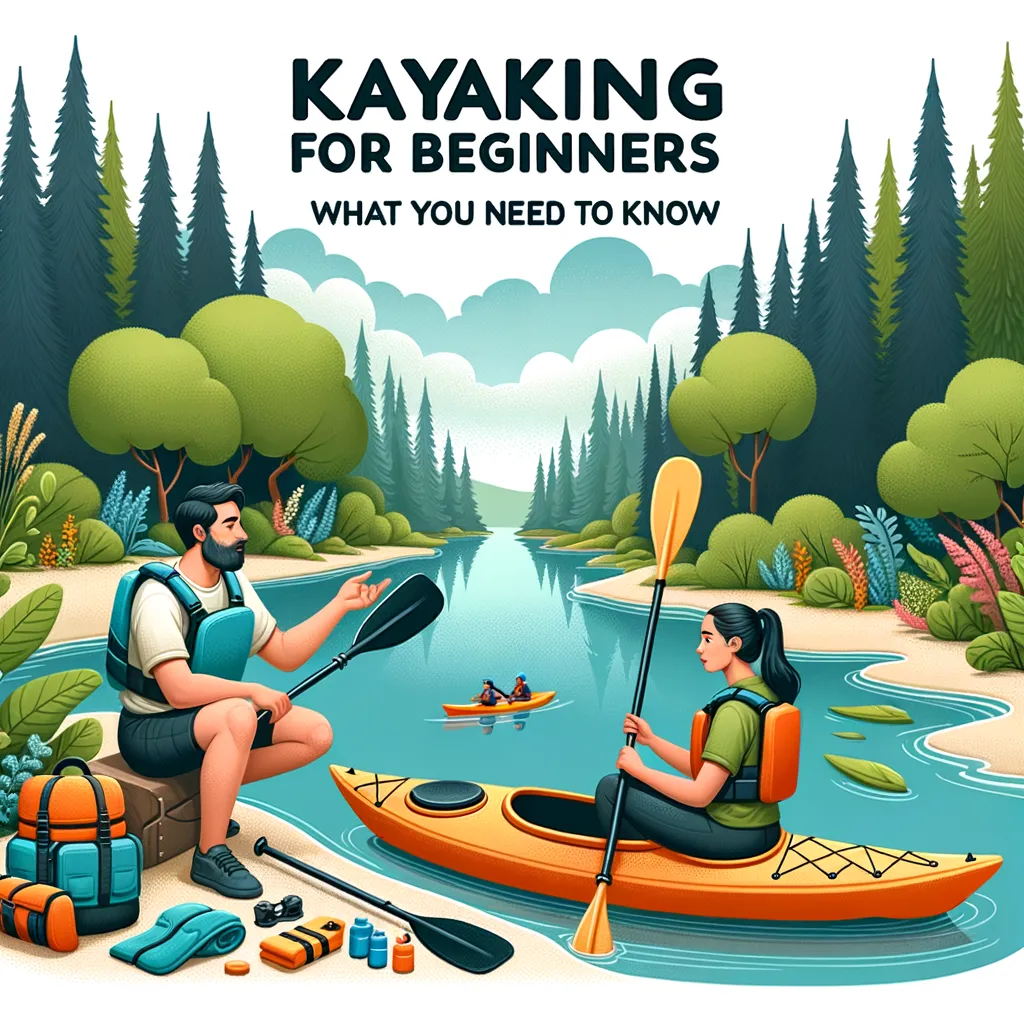The Essential Role of Global Waterways and Their Conservation: A Guide for Parents
Welcome, eco-conscious parents! In today’s ever-evolving world, the importance of global waterways and their role in sustaining life on our planet cannot be overstated. As protectors of the next generation, it’s crucial we understand and impart the value of waterway conservation to our children. This comprehensive guide is tailored to help you navigate the significance of rivers, lakes, and oceans, ensuring a brighter, cleaner future for all. Let’s dive into the wonders of global waterways together!
Understanding Global Waterways
Global waterways include the vast networks of rivers, lakes, canals, and oceans that cover our planet. They are the lifelines of ecosystems, supporting an immense variety of life forms. From the mighty Amazon River to the tranquil canals of Venice, each water body plays a pivotal role in maintaining ecological balance. By learning and teaching the importance of these waterways, we foster a connection between our children and the natural world, cultivating a sense of responsibility and stewardship.
Why Waterways Are Important
- Biodiversity Support: Waterways are home to innumerable species of flora and fauna, many of which are integral to the ecosystem’s health and our survival.
- Climate Regulation: Large bodies of water, especially oceans, act as temperature regulators for the planet, mitigating the effects of climate change.
- Economic Benefits: Many global economies rely on waterways for trade, transportation, and as a source of employment for millions.
- Recreational Spaces: Waterways offer recreational opportunities that enhance our quality of life, such as boating, fishing, and swimming, promoting physical and mental well-being.
The Current State of Our Waterways
Despite their importance, global waterways face numerous threats, ranging from pollution and overfishing to climate change-induced alterations. Plastic waste, industrial runoff, and untreated sewage are suffocating our rivers and oceans, harming wildlife and disrupting ecosystems. Furthermore, the overexploitation of marine resources jeopardizes the sustainability of these vital habitats. Recognizing these challenges is the first step towards enacting change.
Teaching Our Children About Waterway Conservation
As parents, we have the unique opportunity to shape the future caretakers of our planet. Instilling a love and respect for nature in our children begins with education and leading by example. Here are a few ways to get started:
- Interactive Learning: Utilize books, documentaries, and educational online resources to explore the fascinating world of waterways and their inhabitants with your children.
- Outdoor Adventures: Nothing beats experiencing the beauty of nature firsthand. Plan visits to local rivers, lakes, or coasts, and discuss the importance of these environments.
- Environmental Stewardship: Participate in community clean-up projects or conservation initiatives. It’s a powerful way to demonstrate the impact of collective action.
- Conservation at Home: Adopt eco-friendly practices at home, like reducing plastic use, conserving water, and recycling. Every small action contributes to a larger positive impact.
In conclusion, global waterways are indispensable not just for the myriad life forms they support, but also for humanity’s survival and prosperity. As parents, educating our children about the importance of these natural resources fosters a generation that values and protects our planet. Stay tuned for more insights on how you can play a part in waterway conservation and ensure a healthy, sustainable future for generations to come.
This HTML formatted content starts a comprehensive guide focused on the importance of global waterways and their conservation, specifically tailored for parents. It aims to educate and inspire action towards sustainable living and environmental stewardship from a family perspective.
5 Essential Aspects Parents Should Know About Global Waterways and Conservation
Hey eco-friendly families! As we journey deeper into understanding the critical role of global waterways in our ecosystem, it’s important for us to recognize their significance not only in maintaining biodiversity but also in ensuring the environmental legacy we leave for our children. Delving into the essentials of global waterways and their conservation offers a fantastic opportunity for families to come together in learning and action. Here are five crucial aspects every parent should know to prepare for a future where waterway conservation is a key part of daily life.
1. The Vital Role of Waterways in Global Ecology
Understanding the immense ecological significance of rivers, lakes, and oceans can be both enlightening and empowering. These water bodies are not just bodies of water; they are vibrant, thriving systems that fuel and sustain life across the globe. They are the backbone of various ecosystems, providing necessary resources for countless species, including humans. Parents, by teaching your children about the ecological roles of waterways, you are laying the foundation for a lifetime of environmental awareness and appreciation.
The Extensive Threats to Waterways
Pollution, habitat destruction, invasive species, and climate change pose significant threats to the health of our waterways. These challenges are complex and interconnected, often exacerbated by human activities. By educating ourselves and our children about these threats, we can better understand the urgency of conservation efforts and the actions we can take to mitigate these risks.
2. The Importance of Biodiversity in Waterways
Biodiversity is the lifeblood of healthy waterways. Diverse aquatic ecosystems are more resilient and able to withstand environmental stressors. They also play critical roles in purification, the water cycle, and as sources of food and medicine. Parents can help their children appreciate the diversity of life within waterways through interactive learning and exploration, highlighting the interconnectedness of all living things.
Preserving Water Quality
Water quality is essential for the health of both aquatic ecosystems and human populations. Contaminants like plastics, chemicals, and untreated waste endanger water quality and, by extension, all life forms that rely on these waters. Engaging in practices that promote water conservation and pollution prevention at home can be a powerful lesson for children, demonstrating the impact of individual actions on global waterways.
3. The Economic and Recreational Value of Waterways
Global waterways are not just environmental treasures; they are also vital to the economy and human well-being. They support fisheries, tourism, and transport industries, contributing significantly to the livelihoods of millions of people worldwide. Additionally, waterways offer invaluable recreational opportunities that promote physical and mental health. Parents can instill a sense of respect and responsibility in their children by highlighting the importance of sustainable practices that ensure these waters can be enjoyed by future generations.
Community Engagement and Waterway Conservation
Conservation is a collective effort. Engaging with community initiatives can amplify the impact of individual actions. Participating in local clean-ups, advocacy, and education campaigns are excellent ways for families to contribute to the health of their local and global waterways. Through such activities, children learn the power of community and the importance of active citizenship in environmental stewardship.
4. The Role of Policy and Global Cooperation in Waterway Conservation
Effective waterway conservation requires coordinated policies and global cooperation. Understanding the roles of local, national, and international regulations can empower parents and children alike to advocate for stronger environmental protections. By staying informed and participating in advocacy efforts, families can help shape the policies that determine the future of our planet’s waterways.
Leveraging Technology for Conservation
Technological advancements offer promising tools for waterway conservation, from data collection and analysis to pollution control and habitat restoration. Encouraging a curiosity in science and technology can inspire children to imagine innovative solutions for the environmental challenges facing our waterways. Parents play a crucial role in supporting this curiosity and fostering hope for a sustainable future.
In preparing for the critical task of global waterway conservation, parents have a unique opportunity to guide their children towards becoming informed, compassionate caretakers of our planet. Through education, example, and engagement, families can contribute to the preservation and restoration of our invaluable waterways, ensuring a thriving, sustainable world for generations to come.
Disclaimer
The articles available via our website provide general information only and we strongly urge readers to exercise caution and conduct their own thorough research and fact-checking. The information presented should not be taken as absolute truth, and, to the maximum extent permitted by law, we will not be held liable for any inaccuracies or errors in the content. It is essential for individuals to independently verify and validate the information before making any decisions or taking any actions based on the articles.




